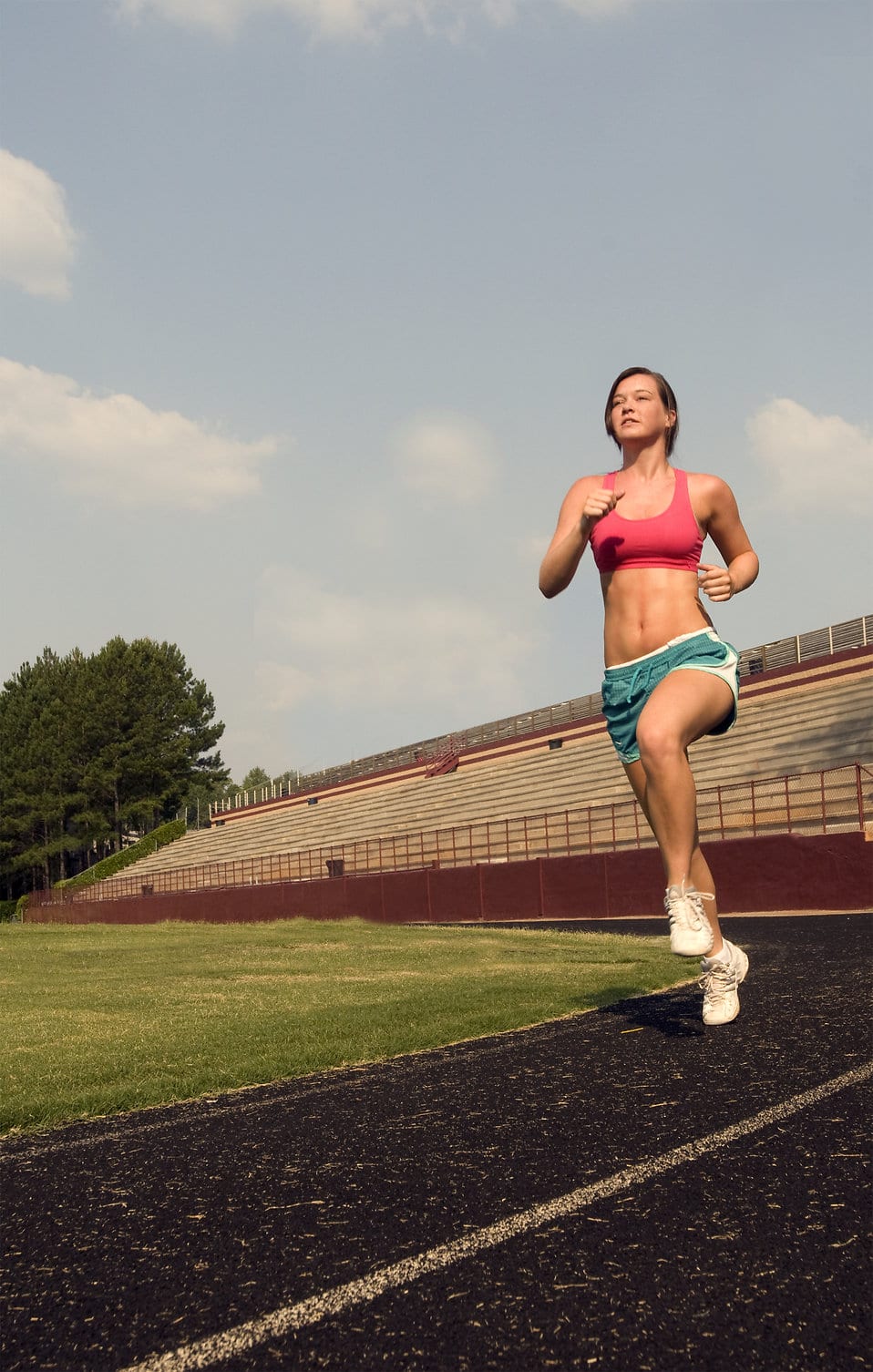If you’re a runner, especially a marathon runner, you may feel as though you have no time in your schedule for other types of exercise. The reality, however, is that in order to be a successful runner–particularly as you push to those longer distances–it’s critical to balance, support, and train your entire body. Pilates for runners can offer a number of critical benefits to runners of all experience levels.
1. Pilates can help you keep that long, fluid stride you need to help reach your goals.
When you’re out for a long run, a long, fluid stride can make a big difference in your overall performance. If you’re tense and tight, however, you’re going to struggle to maintain the stride you need. Through Pilates for runners, you can help lengthen those muscles and stretch them out. Then, when you hit the trails, you’ll be more likely to keep your stride long and smooth. You’ll get a smoother, more comfortable run, which may decrease soreness at the end of even your longest training days.
2. Pilates can help decrease your risk of injury when running.
Runners deal with a lot of repetitive stress injuries–and many runners keep training in spite of minor injuries. Pilates, however, can help decrease the risk of several types of injuries. Pilates:
- Helps improve overall strength. Core strength and muscular strength make up a big part of what you do as a runner. Through Pilates for runners, you can often substantially increase your muscular strength, making you steadier on the trails. Muscle strength can help prevent a minor misstep from becoming a more serious injury. Improvements in overall strength may also help reduce the risks of repetitive stress injuries.
- Increases stability which may make it easier to recover from potentially dangerous scenarios. It’s easy to roll an ankle or turn a knee when you’re out on the trail. Fortunately, Pilates can help protect your joints by increasing overall strength and stability.
- Corrects postural imbalances. One of the most beneficial elements of Pilates is its ability to help you find and correct postural imbalances. Even small imbalances and difficulties can prevent you from running your best and raise your risk of injury. Through Pilates, however, you will substantially reduce the odds of developing injuries due to imbalances with your posture.
3. Pilates can build vital stamina and endurance.
As your muscles grow stronger, so, too, will your stamina and endurance. Engaging in Pilates can help build strength, not just in your core, but throughout your entire body. You’ll find that you’re able to run longer distances more easily, recover faster, and, in many cases, enjoy your run more. As you practice Pilates more regularly, you’ll find that you have more great run days, when you’re able to simply keep running without feeling overwhelmed, and fewer days when you feel as though you’re fighting for every mile that passes.
4. Pilates can help increase your speed.
Correcting postural imbalances doesn’t just help reduce your overall risk of injury. Minor postural imbalances can also spell significant increases to your overall speed, from individual mile times to the run as a whole.
Think about the way you run. Your stride is incredibly important–so important, in fact, that there’s a specific drill designed to focus on and improve your overall running stride and style. When your stride is off, it slows you down and prevents you from reaching your goals. While you certainly want to try out those drills, there’s another factor at play: your overall balance and center.
Just as your core strength plays a critical role in all your athletic endeavors, your posture can have a big impact on every element of your run. If your posture is off, you’ll find that it slows you down. Through Pilates for runners, however, you’ll steadily correct those postural imbalances. Then, when you next head out to run, you’ll find that you’re more balanced and in a better position to tackle whatever the trail may throw at you. You may even notice substantial decreases in your mile time as you practice Pilates more regularly.
5. Pilates is an excellent recovery day activity.
As a runner, you know that your rest days are just as important as the days you actually spend out on the trails. Rest days are critical for your recovery, including your ability to build muscle and overall endurance. If you hit the trails and run for miles every day, you’ll quickly start noticing decreases in your performance.
That doesn’t necessarily mean, however, that you want to be idle. In fact, engaging in some physical activity even on your rest days can help improve your overall health–both physical and mental. Pilates is an excellent activity for your recovery days. It’s low-impact and focuses on strength and flexibility, making it drastically different from your usual long runs. It’s also a great rainy-day activity that can help get you moving when you don’t feel like chancing the rain and puddles outside–or the perfect way to stretch and decrease soreness after a long run.
6. Pilates can help improve body awareness.
Many little details can help contribute to your run. Becoming more aware of your body lets you know not only how you respond to obstacles, but how your feet strike the pavement, how little differences in your run impact your joints, and even how your balance shifts as you move. You may learn to read your body better, from spotting those first warning signs that it’s time to replace your shoes to when you need to slow down a little–and when you’re ready to speed up and shoot past your former plateaus.
Whether you’re training for your first marathon or you have run several in the past and are gearing up to run another in the near future, it’s not just hitting the trails on a regular basis that will help build the strong, capable body you need to meet your goals. Adding Pilates to your regular workout routine can help increase strength and flexibility, raise stamina and endurance, and even boost your speed to help you achieve your goals in ways you never dreamed of. Interested in getting started? Contact us today to learn more about how Pilates for runners can help you reach your marathon goals.

